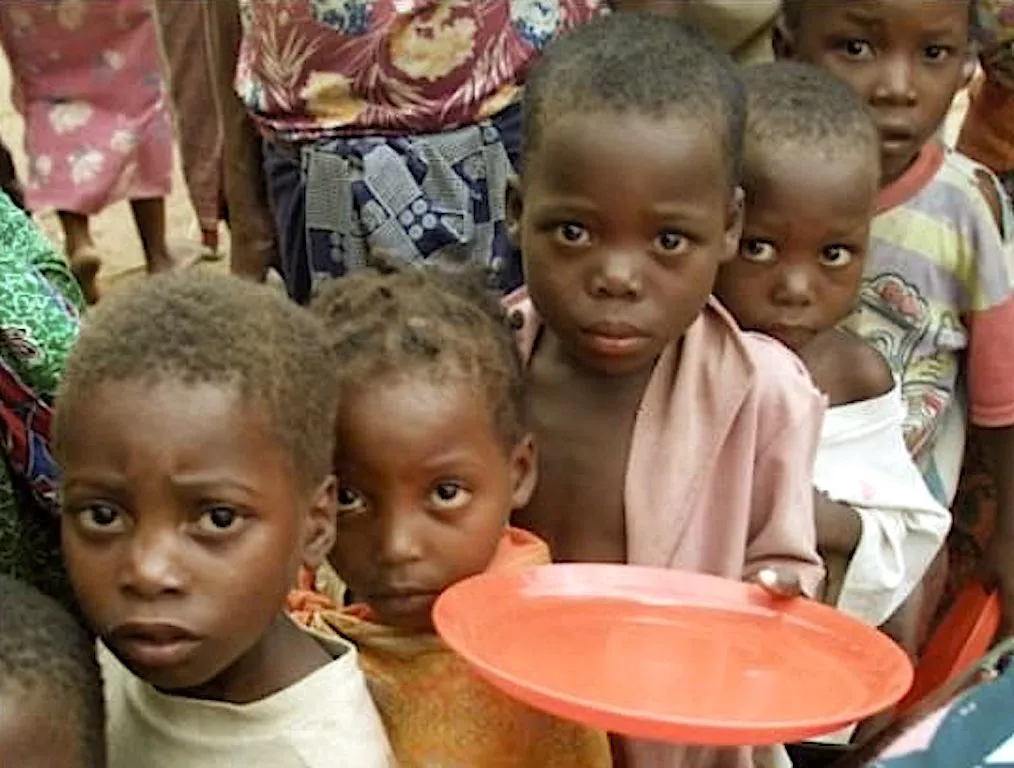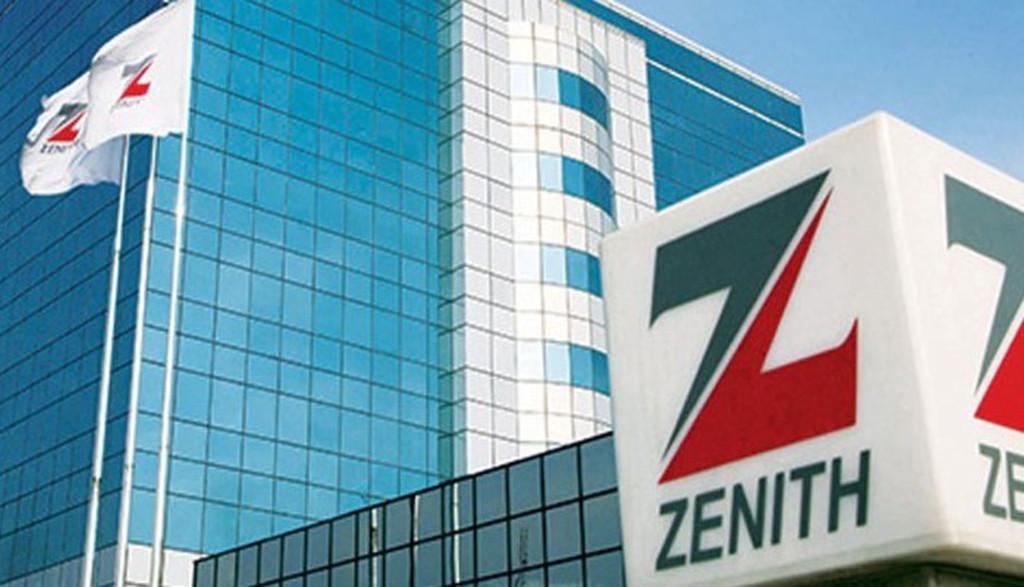In Nigeria, the Christmas season has traditionally been a time of joy, love, and sharing. It is a period when families come together, communities unite, and the spirit of giving thrives. Yet, this year, the celebration is overshadowed by a growing hunger crisis that is gripping millions of Nigerians. From rural communities to urban centres, the once-vibrant festivities are being replaced by tales of deprivation and despair.
Amaka, a young mother in Lagos, shared her predicament: “This country is hard, sir. We just need at least N60,000 to celebrate Christmas. My daughter Evelyn needs clothes, and we want to cook something special for our friends. But honestly, it feels like a dream we can’t reach. By this time in time past, food stuffs and clothes for my daughter who is 5 years now is ready” Fatima’s story echoes the struggles of many Nigerians who find themselves unable to afford even the basics for the holiday season.
Join our WhatsApp ChannelThis Christmas, the once-common scenes of families sharing feasts and exchanging gifts are increasingly rare. Instead, economic instability, inflation, cash scarcity, and corruption have exacerbated the hunger crisis, casting a shadow over the season of abundance and love.
Economic Instability and the Rising Cost of Living
Nigeria’s economic situation has worsened over the years, leaving families like Amaka’s struggling to make ends meet. Inflation has caused the prices of basic food items to skyrocket, turning even staples like rice and beans into luxury goods. According to the Nigerian Bureau of Statistics, poverty levels have risen dramatically, with over 92% of the population now living below the poverty line.
“I used to buy a bag of rice for less than N50,000 two years ago,” said Adebayo, a father of four from Badagry. “Now, it costs over N100,000. How can we survive like this? Christmas used to be a happy time for my family, but now, it’s a struggle just to eat.”
Cash Scarcity and the Collapse of Festive Traditions
The introduction of new credit options and digital payment systems has done little to ease the plight of Nigerians facing cash scarcity. Many do not have access to bank accounts or the technological literacy required to use these systems. Additionally, government policies intended to alleviate poverty often fail to reach those who need them most due to corruption and inefficiency.
READ ALSO: Nigeria’s Hunger Crisis: An Economic and Human Catastrophe
In Lagos, Evelyn Osagie, a trader, explained, “The government keeps talking about helping us, but where is the help? They say we can borrow money online, but I don’t even have a smartphone. Christmas is just another day for me now, and my children don’t even know what it will mean to celebrate this year, because of lack of funds.”
Failed Government Initiatives: A History of Unmet Promises
Over the decades, successive Nigerian governments have introduced numerous initiatives aimed at addressing hunger and poverty. From Operation Feed the Nation to the Green Revolution and the National Poverty Eradication Programme, these efforts have largely fallen short due to corruption and lack of proper implementation.
“The problem is not the lack of ideas; it’s the lack of action,” said Daniel Tochukwu, a Doctor. “Our leaders are too busy enriching themselves to care about the poor. This Christmas, I’m not even bothering to buy gifts for my kids because I can’t afford them. What kind of country is this?”
The Way Forward: Rekindling the Spirit of Christmas
The hunger crisis in Nigeria is not just an economic issue; it is a moral and social one. As corruption continues to drain resources meant for the public good, ordinary Nigerians are left to bear the burden. Yet, despite the hardships, the resilience of the Nigerian spirit shines through.
“Christmas is not just about food or gifts,” said Maryam, a civil servant. “It’s about love and community. Even if we have nothing, we still have each other. That’s what keeps us going.”
For Nigeria to overcome its hunger crisis, there must be a collective effort to address corruption, stabilise the economy, and create sustainable solutions for food security. Only then can the true spirit of Christmas be restored, bringing joy and hope to every Nigerian home.
Emmanuel Ochayi is a journalist. He is a graduate of the University of Lagos, School of first choice and the nations pride. Emmanuel is keen on exploring writing angles in different areas, including Business, climate change, politics, Education, and others.












![Breaking: Tinubu Returns To Abuja After Europe Trip [Photos]](https://www.primebusiness.africa/wp-content/uploads/2025/04/Tinubu-returns-to-Abuja-Pohotos-2-150x150.jpeg)





Follow Us